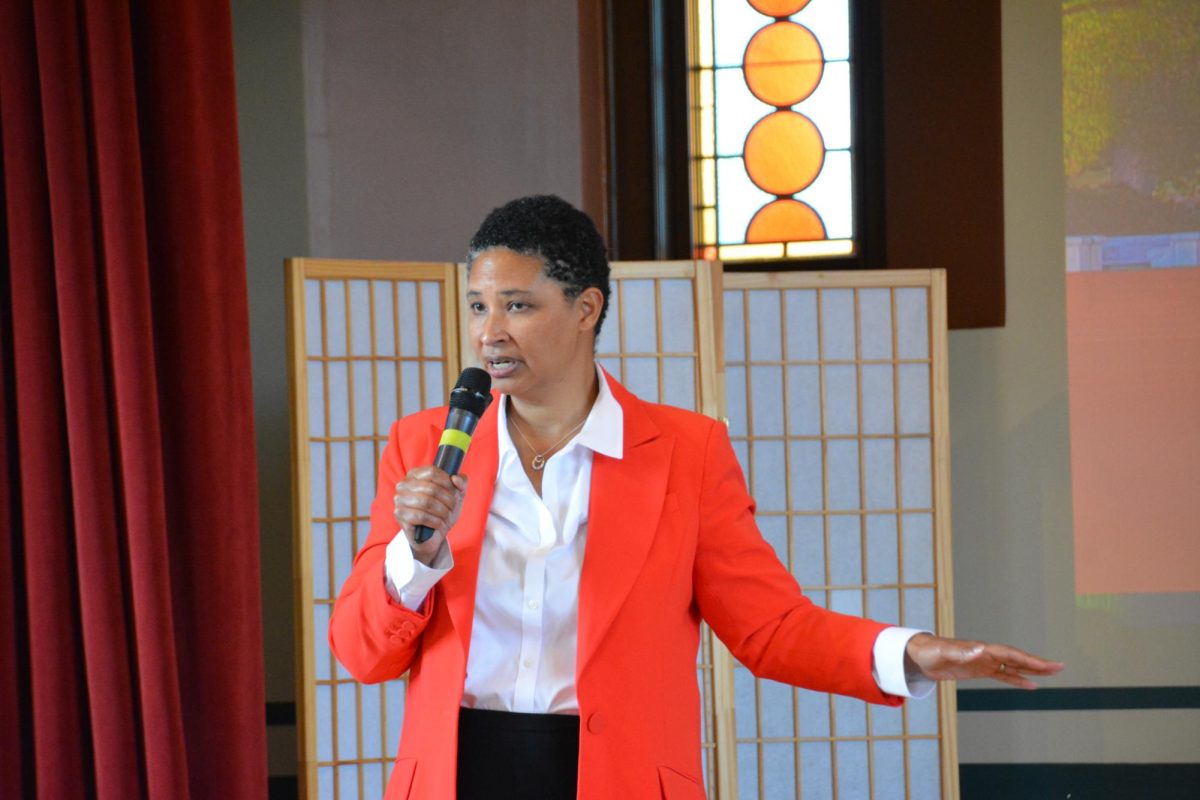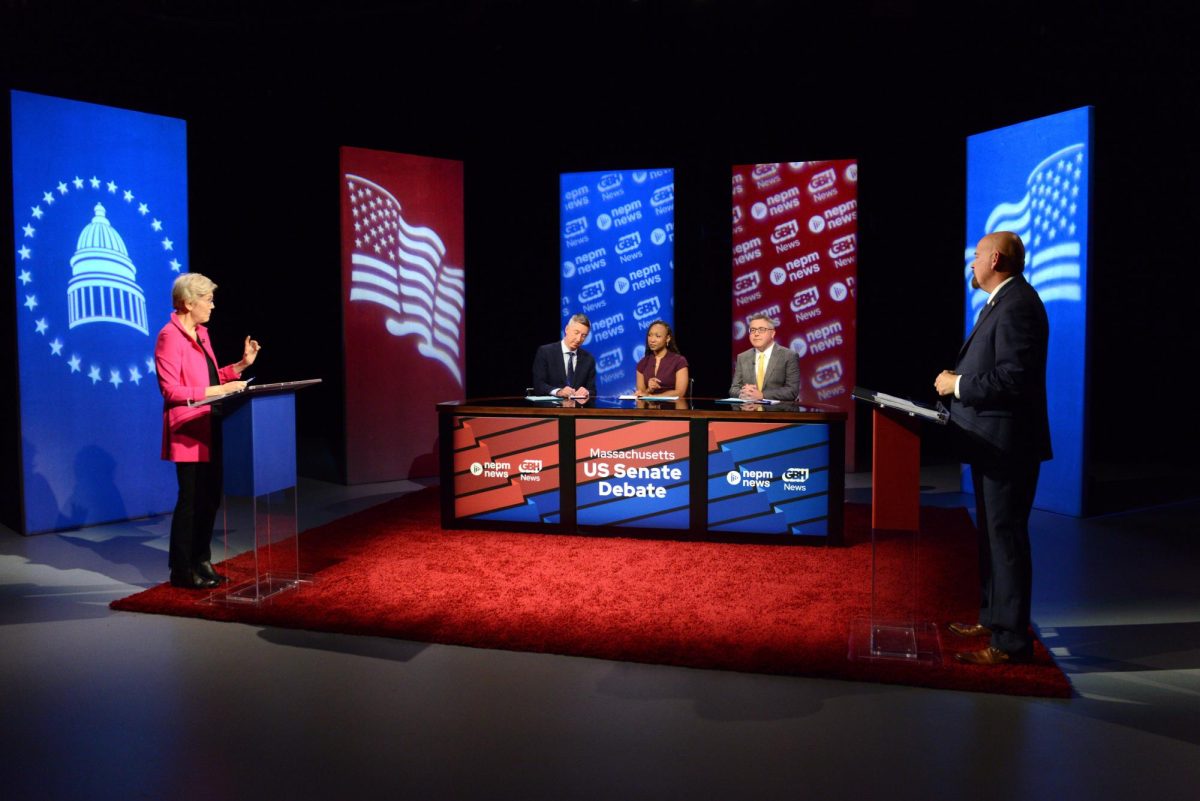The last time Bob Massie ran for office, many current seniors at the University of Massachusetts were 5-years-old.
Massie was the Democratic nominee for Lieutenant Governor in 1994, on the ticket with Mark Roosevelt. They lost that election to Republicans William Weld and Paul Cellucci, but Massie still went from being an unknown to winning a state-wide Democratic primary. He thinks he can do it again in 2012 by challenging Scott Brown for the Senate seat once held by Ted Kennedy.
Massie is currently the only Democrat to have declared his candidacy for the nomination, but speculation has been thick for the last few weeks. U.S. Rep. Michael Capuano ( D-District 8 ) visited Ludlow recently, according to Leo Maley, chairman of the Amherst Democratic Town Committee. Maley added that Mayors Setti Warren of Newton and Kimberley Driscoll of Salem have also visited Western Massachusetts and could be gearing up for Senate runs, as well.
“It’s a challenge to communicate to voters,” Maley said. “You need a clear message. A winning candidate needs to know who they are.”
Maley said that although the 1994 loss was a “blowout” – Weld and Cellucci were reelected with 71 percent of the vote – “Bob Massie appears to Democrats to be a very straight-up progressive guy.”
“My goal as a human being is to work for a better life for everyone,” Massie said in a phone interview last week.
He believes his career reflects that. He started his career as an activist during his time as an undergraduate at Princeton University, which he entered when he was 16. There were many issues he was involved in at Princeton – including raising awareness about the abuse of textile workers in the South and groups trying to keep women from attending Princeton – but his primary focus was on trying to end Apartheid in South Africa.
“Princeton had millions of dollars invested in South Africa,” he said.
Activists like Massie eventually forced Princeton to cut ties to banks making direct loans to South Africa; Hampshire College was the first American school to completely divest from South Africa in 1977. Massie wrote a book about divestment and the relationship between the United States and South Africa called “Loosing the Bonds” in 1998, which won the Lionel Gelber Prize.
In the 1980s, Massie became an Episcopalian minister and obtained a doctorate in business administration from Harvard Business School. After his run for Lieutenant Governor, he became the president of Ceres, an organization that brings together activists and business leaders to address climate change and founded the Global Reporting Initiative in 1998, which sets “Sustainability Reporting Guidelines” that “organizations can use to measure and report their economic, environmental and social performance.”
“The basic issue is what kind of world we want to live in,” Massie said.
While he wouldn’t talk about possible primary opponents in his race for a seat in the Senate, Massie did criticize his presumed Republican opponent.
“I’m running against Scott Brown,” he said. “He is a person who does not believe in the role of the government in helping people get back on their feet.”
Massie said he believes the role of the government is to create the conditions by which people can succeed as individuals and listed four components for those conditions. “People need a good home, a good school, a good doctor and a good job,” he said.
He added that he feels his knowledge from being a historian and economist will help him in the Senate and that his experience in studying US-South African relations and putting together the Global Reporting Initiative gives him the greatest foreign policy experience.
“It will be difficult,” Maley said. “Scott Brown is popular and has a lot of money. [He] may present himself as an independent maverick, but at the end of the day, if he’s the voice that means a Republican Senate, it doesn’t matter who he is. It’s about setting a national direction.”
“There are angry voices in politics right now that are trying to divide us and they’re having some success,” Massie added. “There’s no clear idea about where we should go [as a country]. We need leaders who can help people express what individual goals they have.”
Matthew M. Robare can be reached at [email protected].






